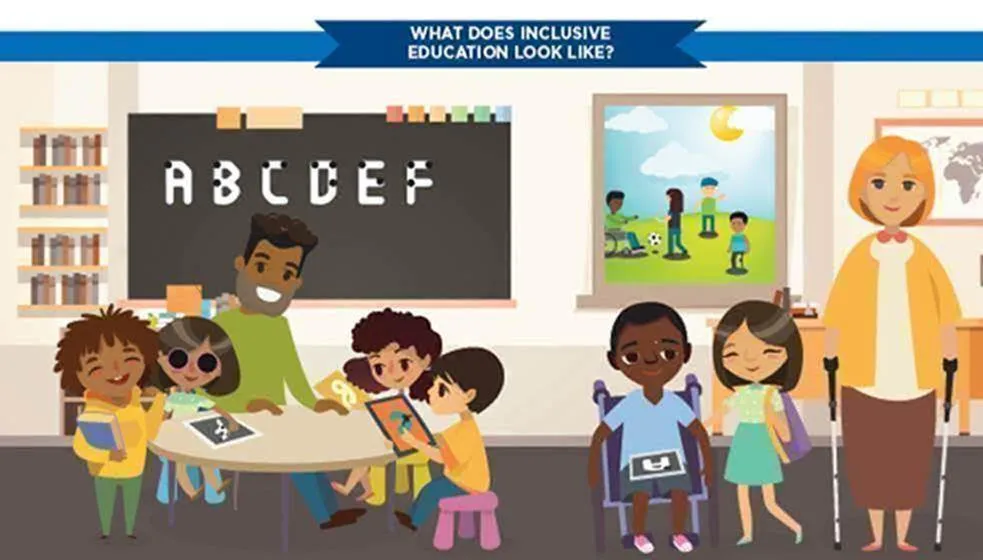Inclusive education is the practice of ensuring that all children, regardless of their abilities or disabilities, receive an education that meets their individual needs. In India, there are many children with special needs who require support to access education. Inclusive education is essential for these children because it provides them with opportunities to learn, grow, and thrive alongside their peers. Here are some reasons why inclusive education is important for children with special needs in Indian schools:
- Promoting Equality: Inclusive education promotes equality by ensuring that all children have access to education. It ensures that children with special needs are not excluded from the education system and have the same opportunities as their peers.
- Fostering Social Integration: Inclusive education fosters social integration by encouraging children with special needs to interact and learn alongside their peers. It helps to break down barriers and promote understanding and acceptance of differences.
- Enhancing Academic Performance: Inclusive education enhances academic performance by providing children with special needs with the support they need to succeed. With appropriate accommodations and modifications, children with special needs can achieve academic success alongside their peers.
- Promoting Personal Development: Inclusive education promotes personal development by providing children with special needs with opportunities to develop their skills, interests, and abilities. It helps to build their self-esteem and confidence and prepares them for life beyond school.
- Encouraging Positive Attitudes: Inclusive education encourages positive attitudes towards diversity and differences. It helps to promote empathy and understanding and encourages children to appreciate the strengths and abilities of others.
- Building Inclusive Communities: Inclusive education builds inclusive communities by promoting cooperation, understanding, and acceptance. It helps to create a sense of belonging for children with special needs and their families and promotes positive relationships between schools and their communities.
In conclusion, inclusive education is essential for children with special needs in Indian schools. It promotes equality, fosters social integration, enhances academic performance, promotes personal development, encourages positive attitudes, and builds inclusive communities. Inclusive education requires a collaborative approach that involves parents, teachers, administrators, and the broader community. By working together, we can ensure that all children in India have access to the education they need to reach their full potential.







